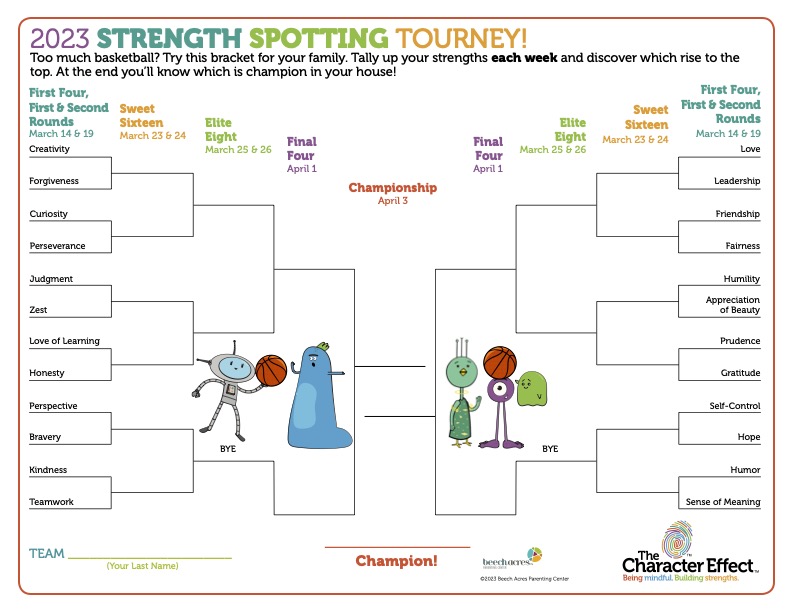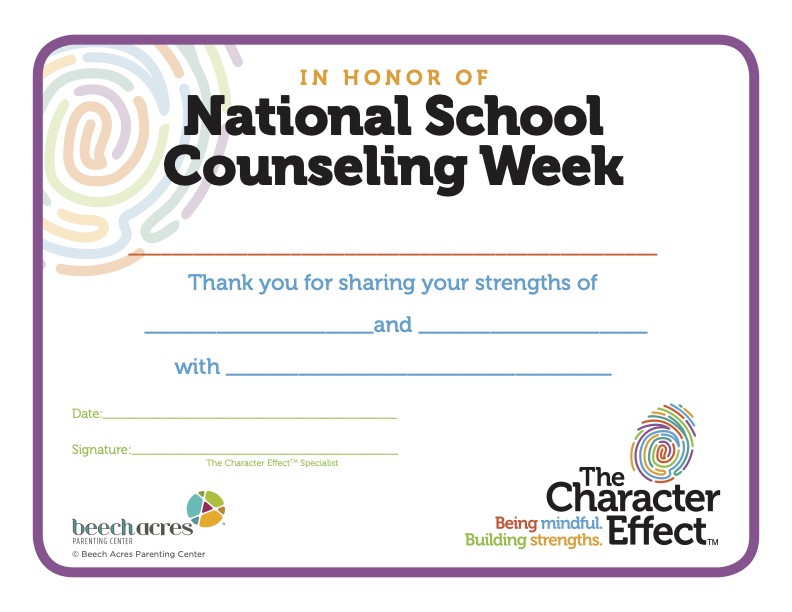How Strengths, Mindfulness, and Intentional Practices Can Combat Student Apathy
November 14, 2022
Unfortunately, apathy is something we’ve all seen within some of our students, and perhaps we’re seeing even more of it in the aftermath of the pandemic. Students lacking motivation, care, or interest can feel like a heavy anchor that holds the class back from setting sail. It can even feel like a punch to the gut—spending so much time preparing an engaging lesson, only for it to meet with “this is boring” or “I don’t care.”
The causes of apathy can be anything from a diagnosable mood disorder to self-doubt to boredom. Whatever the cause is, though, apathy is ultimately an attitude one possesses—a belief that there is no hope or purpose to something, so why even bother?
We know that magical things can happen in the classroom when students feel impassioned by what they’re learning, but so much of that is determined by the individual will of each student. While it’s important to always reflect on how lessons and activities can be better, ultimately, the struggle might not lie in how engaging the lesson is but rather in how personally empowered and motivated each student feels.
Through Character Strengths, Mindfulness, and Intentional practices, students develop more personal ownership over who they are and who they want to be, combatting the fog and hopelessness that accompanies apathy. Let’s look at how each practice can create a much-needed spark in our apathetic students.
Character Strengths: When apathy stems from self-doubt, students might lack positive Self-Awareness. After all, no one is motivated by the feeling that they don’t add up or that something is inherently wrong with them. Encouraging students to recognize, embrace, and use their top Character Strengths can help them reframe their self-perception.
“I believe it is always helpful and often a revelation when students realize that they have strengths (many don’t believe they do) and how these strengths can help them to be successful in school, in relationships, and in life moving forward,” shared Barb Patterson, Pre-Nursing teacher with Warren County Career Center. “The strength spotting is especially powerful. Kids this age put a lot of weight behind what others think of them, and to hear a fellow student or a teacher point out that you have the strength of Humor or Appreciation of Beauty is so impactful.”
Mindfulness: It can be difficult to name apathy as a feeling considering apathy is, well, the absence of feeling. Mindfulness offers a quiet and safe space to explore what apathy feels like physically and mentally. Maybe it feels like brain fog, listlessness, or self-doubt. As the saying goes, “If you can name it, you can tame it.” Once a person knows that apathy has taken hold, they can feel far more empowered to address it.
Intentional Practices: Sometimes apathy can stem from a feeling of lack of control over one’s life. Maybe expectations and goals feel too overwhelming, or students don’t feel equipped to handle life’s inevitable challenges. Teaching students how to be Intentional can help them regain a sense of ownership over their lives. Being Intentional means we’re thoughtful in improving ourselves and the world. It’s about taking small but mighty steps—ones that are accomplishable and energized by our top strengths. If students are feeling apathetic toward their learning, encourage them to set an accomplishable and personalized goal—one that they truly want for themselves, not that they feel they should have. Ask them what the first step they could take toward that goal is. That might just be the spark that ignites their passion.




 Contact
Contact